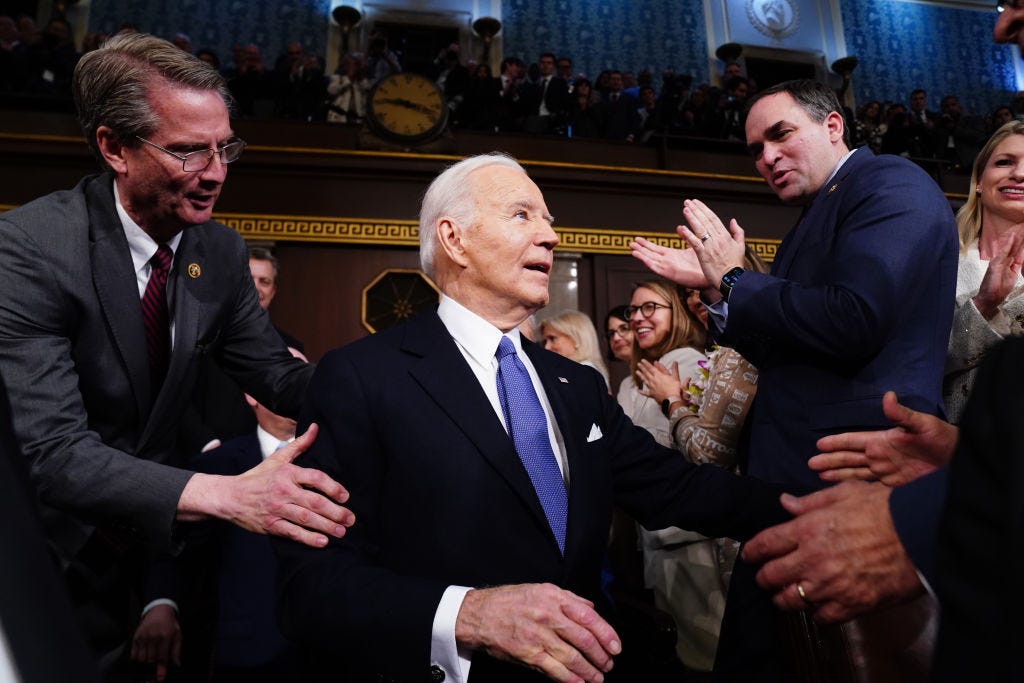Democrats demand data on racial disparities in America's coronavirus response
Five Democrats in Congress are demanding data from the federal government about racial disparities in the nation's response to the coronavirus pandemic. The lawmakers said in a letter to Health and Human Services Secretary Alex Azar that the government is "currently failing to collect and publicly report on the racial and ethnic demographic information" for COVID-19 tests and patients.
"Without demographic data, policy makers and researchers will have no way to identify and address ongoing disparities and health inequities that risk accelerating the impact of the novel coronavirus and the respiratory disease it causes," the letter said.
"Although COVID-19 does not discriminate along racial or ethnic lines, existing racial disparities and inequities in health outcomes and health care access may mean that the nation's response to preventing and mitigating its harms will not be felt equally in every community."
It is signed by Senators Elizabeth Warren, Cory Booker and Kamala Harris, and Representatives Ayanna Pressley and Robin Kelly.
The letter detailed several ways that minority communities could be hit harder by the pandemic, as well as the medical shortages and economic disruptions it has created. Black and Hispanic adults are statistically more likely to suffer from ailments like obesity, diabetes and asthma, the lawmakers say. Additionally, immigrants and people of color are also less likely to have health insurance.
The lawmakers also pointed out that people of color are more likely to have low-wage jobs that cannot be done remotely and offer little paid time off — making it more difficult for them to comply with the social distancing measures intended to stop the spread of the virus. Some lawmakers have also suggested that rich people and celebrities have special access to coronavirus tests, while ordinary Americans are still struggling with equipment shortages.
"These factors may all combine to accelerate the effects of the outbreak in the most vulnerable communities," the letter said.
According to Johns Hopkins, the U.S. had confirmed over 175,000 coronavirus cases nationwide as of Tuesday afternoon, and President Trump said Monday that 1 million Americans have been tested. But the government has not released any demographic breakdowns of these cases.
So far, the hotspots for coronavirus cases have been major cities with large minority populations, such as New York City and New Orleans.
The Health and Human Services Department did not comment on the letter.



